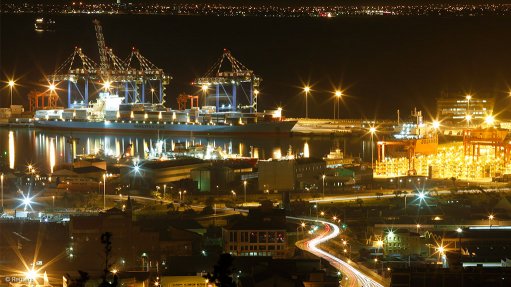
Photo by: Reuters
JSE-listed construction company Wilson Bayly Holmes-Ovcon (WBHO) continues to defend itself against allegations of collusion.
The company on Monday reiterated the nonreferral of two of the five cases in which the Competition Commission alleged it had contravened the terms of the Competition Act.
“We honestly believe that there was no collusion on those five cases. We could [not] find [any] evidence, neither could the commission give us any evidence. We decided not to settle,” WBHO CEO Louwtjie Nel told Engineering News Online in a telephone interview on Monday.
These allegations formed part of the Competition Commission’s Fast Track Settlement Process which was finalised in July 2013.
Meanwhile, the commission has referred one of the above cases – the 2006 "World Cup Stadia meeting" matter – to the Competition Tribunal. On considered legal advice, WBHO had refused to settle this matter as part of the Fast Track Settlement Process, as the group was firmly of the opinion that this meeting was not collusive in nature.
“We will be defending [this] and we are very confident. If we thought we were guilty, we would have settled it there and then, instead of [engaging] in this long fight,” Nel added.
“We have made no provisions for fines for these cases that are on the go at the moment,” he said.
Meanwhile, WBHO had also received a civil claim from the City of Cape Town, at the end of November, in relation to the Competition Commission Fast Track settlements on the Cape Town stadium.
WBHO believed that the City of Cape Town suffered no damages and was confident that it could defend the above cases.
Nel noted that, other than a reputational impact, the inquiry was also negatively impacting on relations between the private sector and government, adding that there was a “big” mistrust between government and the private sector at large. However, WBHO was “working on [improving its interaction with government]”.
“We’ve had several high-level meetings, but maybe not enough yet to get to that stage where we can really trust each other and where we can move forward.
“If [government] is going to roll out its [National Development Programme], we need each other and, therefore, we must make a plan to [ensure] that we sit around the same table. Unfortunately, I think it’s still going to [take some time], to sort through these last few issues.
“Hopefully [there will be] a little bit more engagement with government in the year ahead,” he concluded.